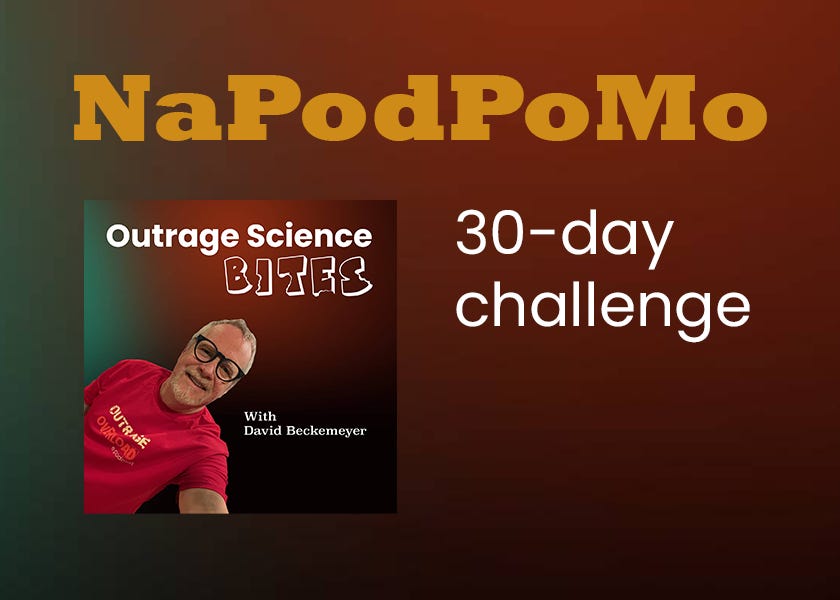Reducing Anti-Democratic Attitudes and Partisan Animosity
Crowdsourcing interventions that can bridge the gap
In recent years, it has become increasingly clear that Americans are deeply divided along political lines. Democrats and Republicans often perceive each other as more extreme and different than they actually are, leading to a range of harmful consequences for our democracy. The Strengthening Democracy Challenge (SDC) seeks to address this issue by identifying short, scalable interventions that can reduce anti-democratic attitudes and partisan animosity.
Jan Voelkel, a PhD student at Stanford University and a researcher in the polarization and social change lab, explains the motivation behind the SDC: "We no longer want to spend resources solely on testing our own ideas. We want to collaborate with as many people as possible to test the best ideas the field has to offer." The SDC, launched in 2021 by a team of researchers from Stanford University, the University of California Berkeley, and the University of Michigan, aims to crowdsource and test interventions that can bridge the gap between Democrats and Republicans.
The Mega Study: Testing 25 Interventions
The SDC conducted one of the largest social science online experiments of its kind, testing 25 interventions to reduce anti-democratic attitudes, support for political violence, and partisan animosity. The interventions were designed to target specific attitudes and behaviors that contribute to political polarization and division.
Jan Voelkel highlights the outcomes of the study: "We found that out of the 25 interventions, 23 were effective in reducing partisan animosity. The most successful strategies involved highlighting sympathetic exemplars of people with different political beliefs and emphasizing a common identity shared by Democrats and Republicans."
The Reception and Future Outlook
The Strengthening Democracy Challenge has received positive feedback from both researchers and practitioners in the field. The results of the mega study exceeded expectations and demonstrated the potential for reducing anti-democratic attitudes and partisan animosity. Jan Voelkel acknowledges the importance of collaboration between academia and practitioners: "We are excited to bridge the gap between research and real-world impact. By working with practitioners, we can test the effectiveness of these interventions in the field and refine our approach."
The SDC is just the beginning of a larger movement to address the deep divisions in our society. Similar initiatives, such as the Dignity Index and the Climate Change Mega Study, are already underway. The success of the SDC and the growing optimism in the field indicate that there is hope for reducing political polarization and fostering a more civil and democratic society.
Conclusion: A Path Towards Unity
In a time of increasing political polarization and division, the Strengthening Democracy Challenge offers a glimmer of hope. By testing and refining interventions that target anti-democratic attitudes and partisan animosity, we can begin to bridge the gap between Democrats and Republicans. The power of several interventions has been demonstrated, providing a roadmap for reducing hostility and fostering unity.
New This Week in Outrage Episode!
It’s everything the Outrage Overload podcast is not. It’s not edited. It’s not scripted. It’s lightly researched. It’s David and Lisa talking about this week in outrage, what was in the news, in the memes, and maybe finding some backstory with a humorous (at least to us) twist.
You can also now listen live online on Yergz Radio Sundays 4:30PM Pacific / 7:30PM Eastern.
Lisa has a boyfriend 🏀 - 10-29-2023
Listen now (59 mins) | This week, Lisa and David talk about weekend mass shootings; DeSantis denying gun violence is up; George Santos additional charges, vote to expel; Rep. Jamaal Bowman pleads guilty; ‘super fog’ pileup in Louisiana kills 8; new House Speaker who?; driverless cars suspended in California; auto-maker strikes; Ivanka must testify in New York Civil Fraud case…
Some Preliminary Findings From the Pew Research Political Typology Quiz
A few of the key findings when looking at Outrage Overload listeners compared to the general population:
Outrage Overload listeners give a higher Thermometer rating for Democrats (65 vs. 46) and a lower rating for Republicans (20 vs. 42).
Outrage Overload listeners are less likely than the general public to find a candidate who aligns perfectly with their views (33% vs. 60%).
Outrage Overload listeners are overwhelmingly supportive of greater social acceptance of transgender people.
General Typology Distribution
The middle types are well represented among Outrage Overload listeners, with more Ambivalent Right and Stressed Sideliners than the general public. Outrage Overload listeners have a significantly higher share of Establishment Liberals and Progressive Left listeners than the general public, and there is no representation further right than the Ambivalent Right type (so far).
It’s not too late to take the quiz.
30-day, 30-episodes Challenge for November
Outrage Overload, the podcast that explores the science and psychology of outrage, is launching a new podcast for NaPodPoMo, the National Podcast Post Month challenge. The new podcast, called Outrage Science Bites, will be a daily short-form podcast that dives into various scientific phenomena discussed on the Outrage Overload podcast.
Each episode of Outrage Science Bites will be a short bite-sized episode and will cover a different topic related to outrage. Outrage Science Bites is being launched for NaPodPoMo, a challenge to create 30 podcast episodes in 30 days, a new episode each day in November.
Check it out: Outrage Science Bites








